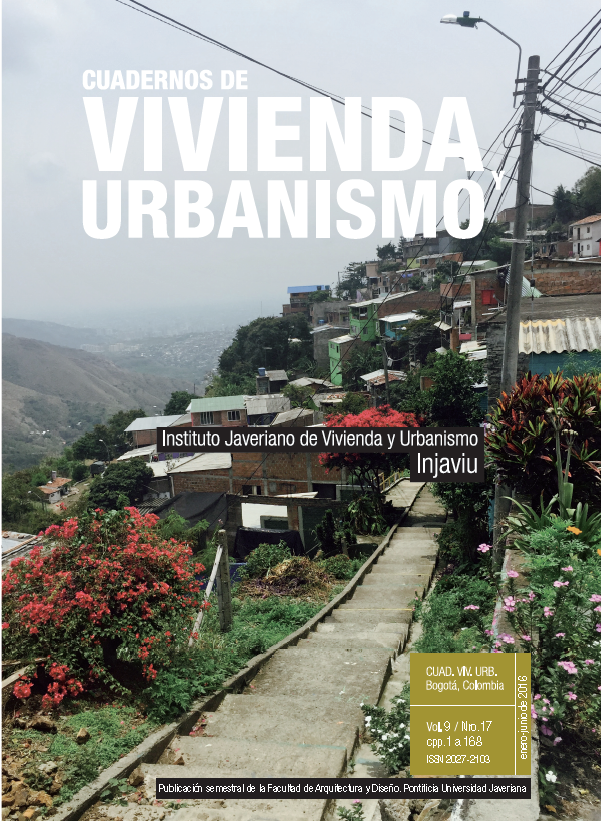Abstract
This article explores the ways in which the State is built and reshaped in the context of the conflictive milestones that occur in the radication of villas policy. It is focuses the attention on the case of the Buenos Aires city between the year 2000 and the year 2013, period in which governments with different political projects introduced several changes in public bureaucracies, but weren't able to achieve the objectives of the policy. The metodological strategy is qualitative, and is based on document and discourse analysis. Final reflections, shows some of the complexities of the implementing of the radication policies.
This journal is registered under a Creative Commons Attribution 4.0 International Public License. Thus, this work may be reproduced, distributed, and publicly shared in digital format, as long as the names of the authors and Pontificia Universidad Javeriana are acknowledged. Others are allowed to quote, adapt, transform, auto-archive, republish, and create based on this material, for any purpose (even commercial ones), provided the authorship is duly acknowledged, a link to the original work is provided, and it is specified if changes have been made. Pontificia Universidad Javeriana does not hold the rights of published works and the authors are solely responsible for the contents of their works; they keep the moral, intellectual, privacy, and publicity rights.
Approving the intervention of the work (review, copy-editing, translation, layout) and the following outreach, are granted through an use license and not through an assignment of rights. This means the journal and Pontificia Universidad Javeriana cannot be held responsible for any ethical malpractice by the authors. As a consequence of the protection granted by the use license, the journal is not required to publish recantations or modify information already published, unless the errata stems from the editorial management process. Publishing contents in this journal does not generate royalties for contributors.


